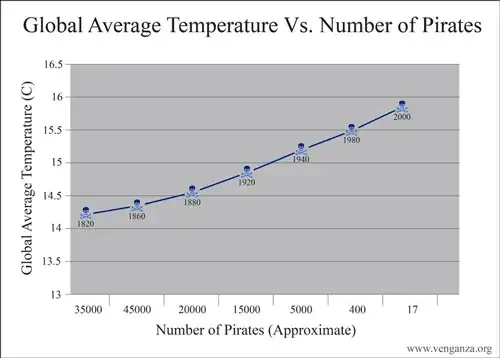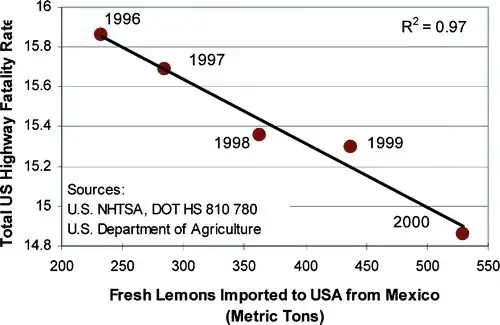Correlation does not imply causation.
Causation does imply correlation but not necessarily linear correlation.
...
So does correlation imply high-order causation?
If A and B are correlated, is it always possible to find K={K1 K2 ... Kn} variables such that
A~K1, K1~K2, ...,Kn-1~Kn and Kn~B
where ~ denotes causality.
In other words, if there is no causality in a correlation, does a common-causal variable(s) always exist?

